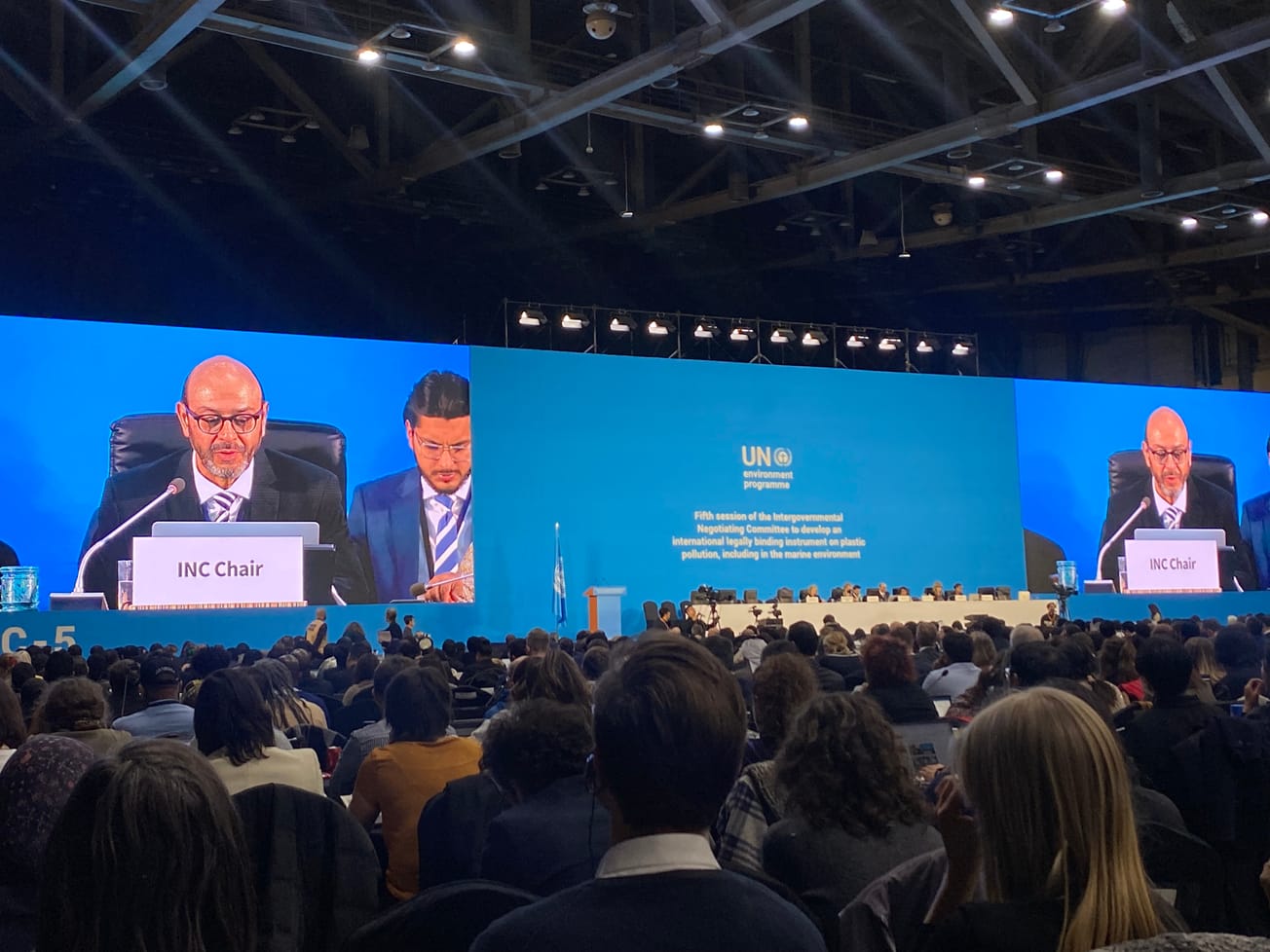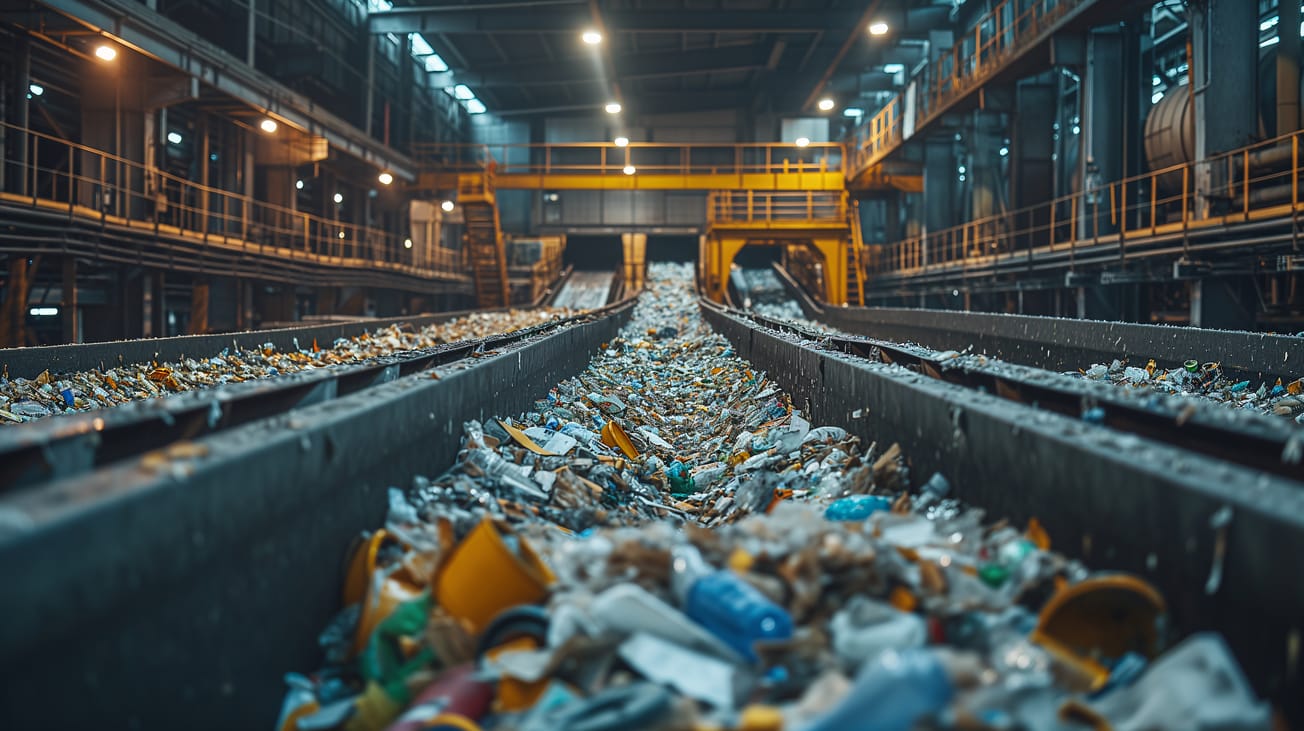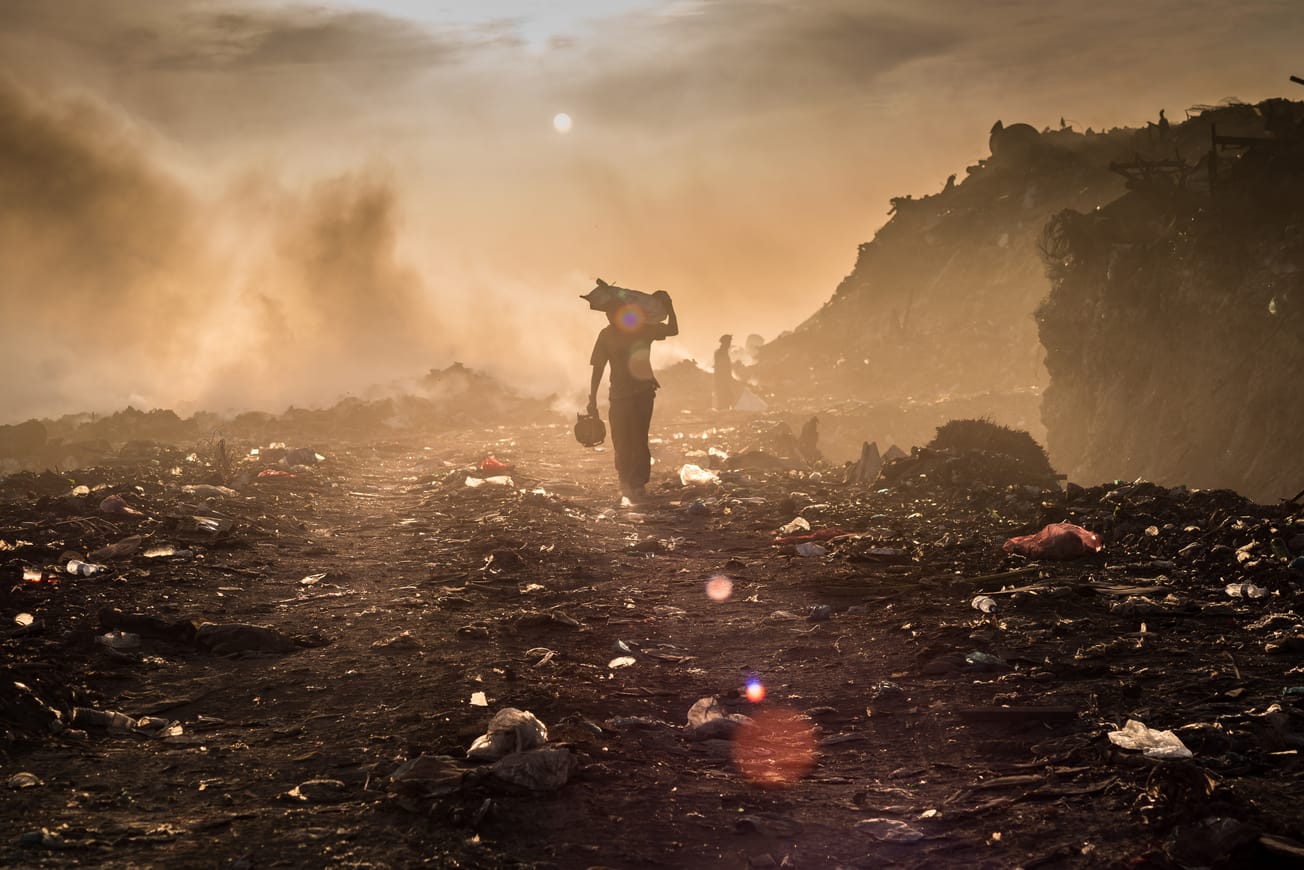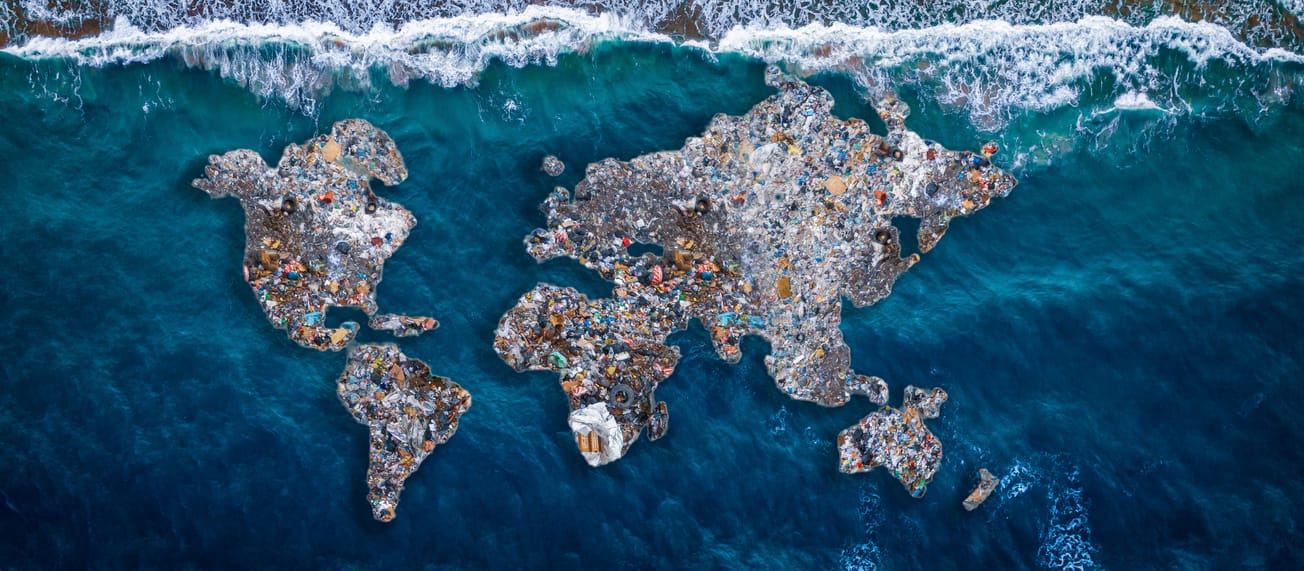In March 2022 the United Nations Environmental Assembly (UNEA) adopted resolution 5/14; committing to develop a legally binding instrument to end plastic pollution (i.e., Global Plastic Treaty). Since then, the International Negotiating Committee (INC) has convened four sessions, each aiming to bring us closer to the development of the Treaty by the end of 2024. December 2023 saw the release of the Revised Zero Draft (UNEP/PP/INC.4/3, 28 December 2023), laying the groundwork in preparation for INC-4. As the final round of negotiations (INC-5) approaches in Busan, South Korea this November, the urgency to finalise a multilateral environmental agreement to end plastic pollution is clear.
The clock is loudly ticking towards 2024, when the INC will need to finalize a treaty that will “change humanity’s relationship with the planet.”
- William Ruto, President of Kenya
Progress and pitfalls
Despite some progress being made at INC-4 in Ottawa Canada earlier this year, significant challenges remain.
In the lead-up to the final round of negotiations, the scope of the treaty remains undefined – that is whether the treaty will cover the “full lifecycle of plastics” from production to pollution, as described by UNEA resolution 5/14, or only the final stages. As it stands, the treaty fails to address the upstream end of the plastic lifecycle, i.e., the production of primary plastic polymers. Many attribute this shortcoming to the influence of nearly 200 fossil fuel lobbyists present at INC-4—a 37% increase from the previous session. To address this, on the final day of INC-4, 28 nations signed the ‘Bridge to Busan: Declaration on Primary Plastic Polymers’, highlighting that an impactful treaty must address plastic production.
The mechanism for governing and catalysing finance also remains contentious. Early in the negotiations, proposals for a ‘global plastic fee’ based on the polluter-pays principle were dismissed. Instead, support was gathered for a more traditional multilateral fund using developed country donors and managed by an independent body. Another approach suggested private sector funding managed by an existing organisation, such as the Global Environment Facility (GEF). Once the mechanism is decided, more questions arise around the target activities (i.e., capacity building, clean-up, behavioural change), level of implementation (i.e., national or international), form of contributions (voluntary or mandatory), and funders (i.e., public or private sector, developed or developing countries).
Following the trend of previous multilateral environmental agreements (e.g., the Paris Agreement, Montreal Protocol, etc.), the Treaty may specify reporting requirements to assess the progress that Parties have made over a regular period. Currently, agreement cannot be reached on the frequency of reporting, if it will be mandated or voluntary or if there will be any reporting at all.
If reporting is required for an ambitious treaty, countries will need to begin collating data across the full life cycle of plastics from production to waste. This is no small task and is hindered by the fragmentation of data across public and private sectors. If data is available, there is no framework to store or manage the information to produce the indicators required for reporting. Such hurdles could be cleared by the development of a statistical framework for data on plastics, similar to that developed for Ocean Accounts or Waste Accounts.
“Monitoring and evaluation is key to the success of the new instrument to ensure its effectiveness and to ensure that we are truly delivering on our agreed obligations” - Ms Sandeep Singh, Director of the Department of Environment of Fiji.
The road to Busan: Breaking free from brackets
The revised zero draft text is laden with brackets [brackets are used in draft multilateral environmental agreements to indicate that text has not yet been agreed by all Parties]. INC-4 saw a pivotal turning point in negotiations as the first session where all delegates were asked to outline their positions and given the opportunity to listen to the rationale of differing positions. This resulted in the recently released advanced zero draft text (read here), where all the different opinions and positions among delegations were added as brackets. The aim was to produce a draft text that consolidated all perspectives to streamline negotiations at INC-5. The result, however, was a text filled with brackets.
“Break free from plastics and break free from brackets.” - country representative from Fiji (source).
The hope is that, in the lead-up to INC-5 in Busan, Korea, intersessional expert groups will use this compilation text to refine key elements of the draft.
The Instrument is due to be finished by the end of 2024, however, there is still fierce debate over the scope, finance mechanisms and reporting structure, among many other sections. Recognising the fast-approaching timeline, delegates have emphasised the need for compromise and have noted that if targets are not ambitious enough, they may choose stronger measures in their own national action plans.
The coming months will be decisive in determining whether global leaders can make the decisions necessary to begin combatting the global environmental crises of plastic pollution.
Authors: Bella Charlesworth and Randika Jayasinghe, UNSW Centre for Sustainable Development Reform







